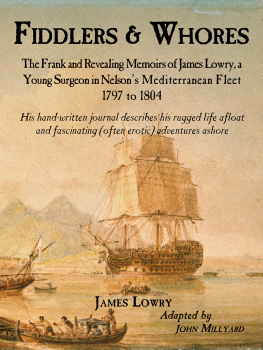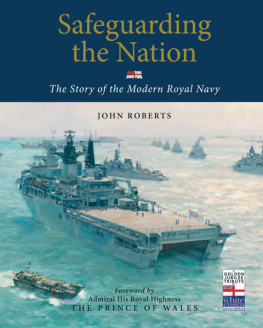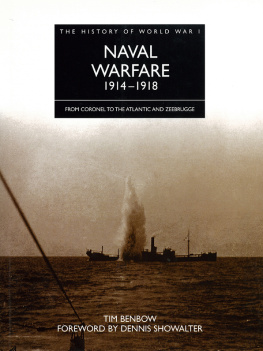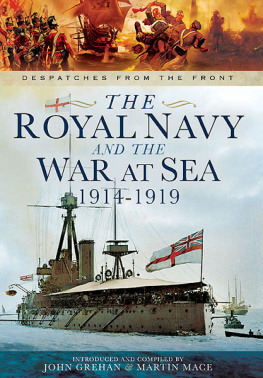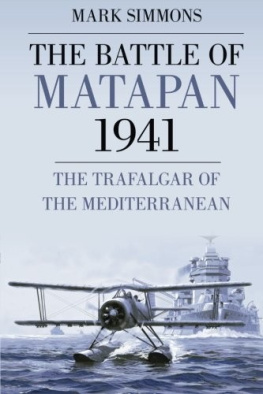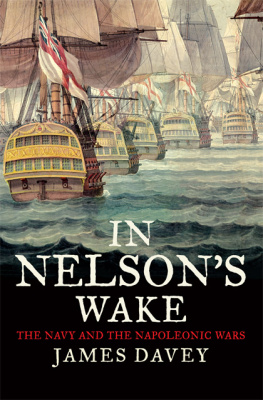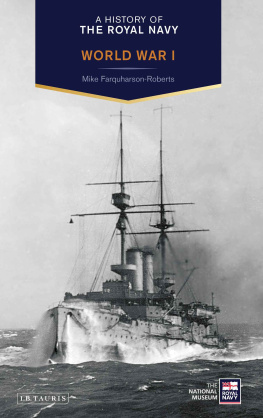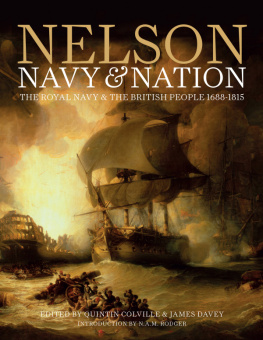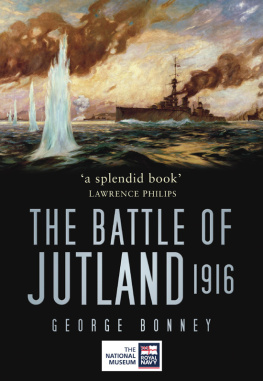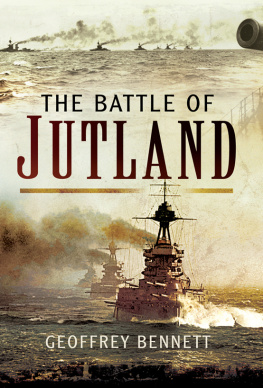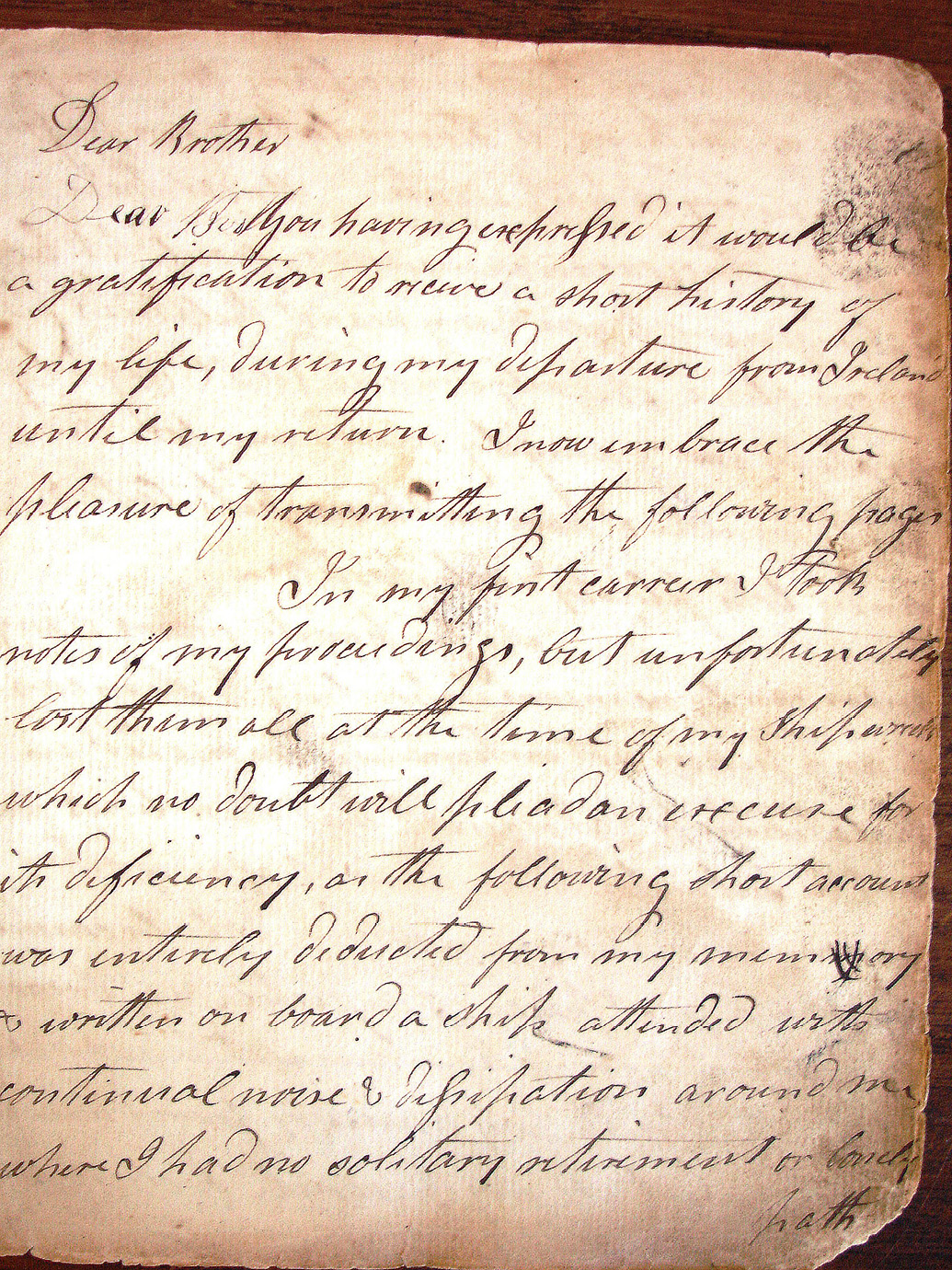
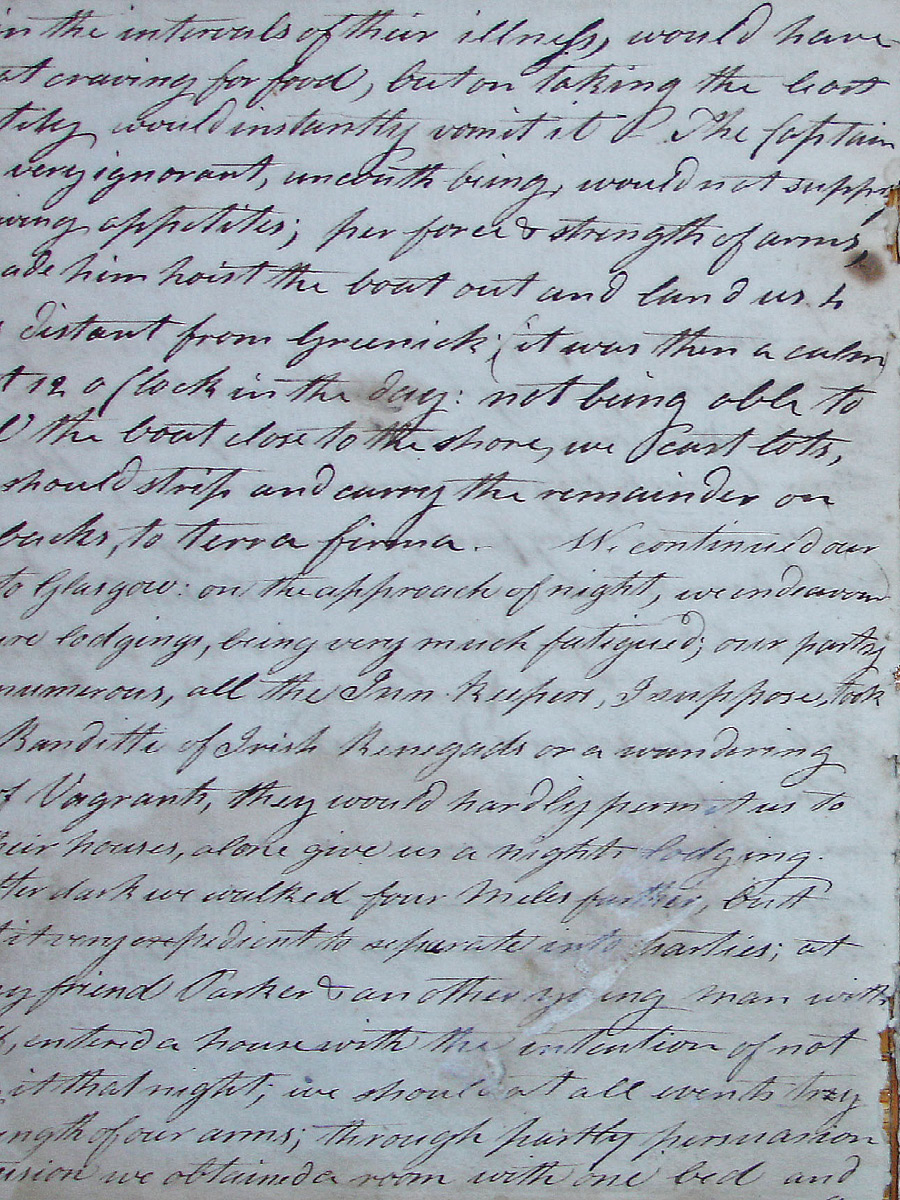
FIDDLERS
&
WHORES
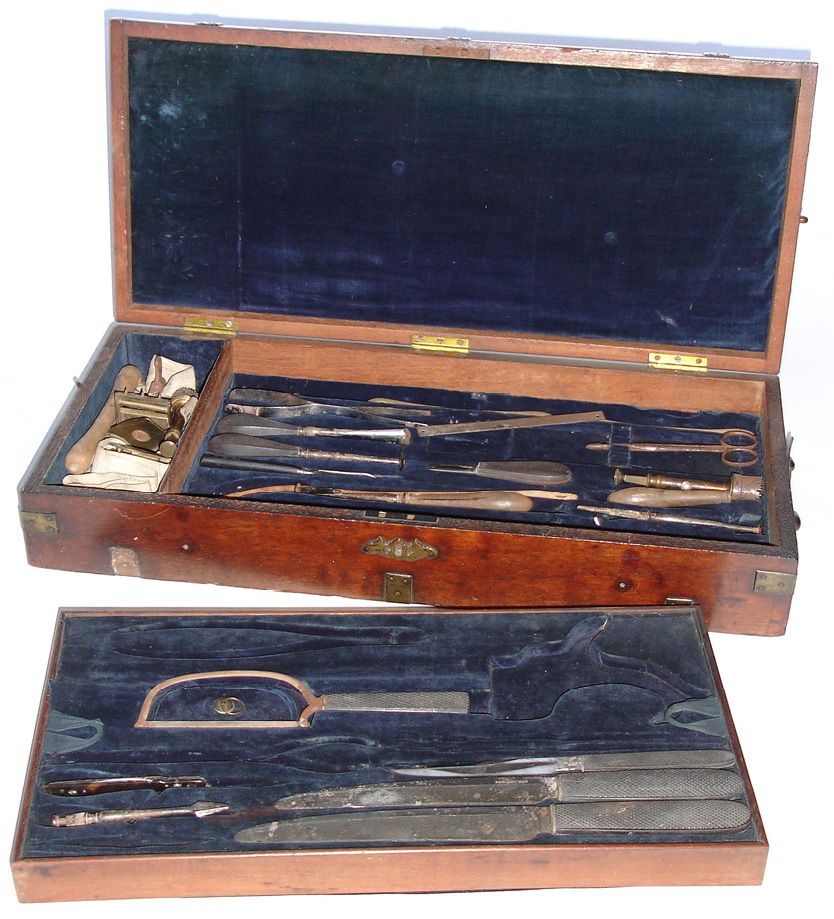
James Lowrys surgical instruments in their velvet-lined, double-tiered wooden case
Fiddlers & Whores
The Frank and Revealing Memoirs of James Lowry, a Young Surgeon in Nelsons Mediterranean Fleet 1797 to 1804
By James Lowry
EDIT, INTRODUCTION AND ADAPTATION BY JOHN MILLYARD
It is a country of fiddlers and poets, whores and scoundrels
Nelson on Naples , 1798

644 Sheppard Ave East, Suite 2021
North York, Ontario Canada M2K 1C1
Copyright John Millyard 2006 and 2013
Hard cover paper first published in Great Britain in 2006 by Chatham Publishing London NW11 9NN
Library and Archives Canada Cataloguing in Publication
Lowry, James, 1779-1855, author
Fiddlers & whores : the frank and revealing memoirs of James Lowry, a young surgeon in Nelsons Mediterranean fleet 1797 to 1804 / by James Lowry ; edited and introduced by John Millyard.
It is a country of fiddlers and poets, whores and scoundrels
Nelson on Naples, 1798.
Includes index.
ISBN 978-0-9695889-5-5 (epub)
1. Lowry, James, 1779-1855. 2. Great Britain. Royal Navy--History-- 18th century. 3. Great Britain. Royal Navy--Military life. 4. Second Coalition, War of the, 1798-1801--Personal narratives, British. 5. Great Britain. Royal Navy--Surgeons--Biography. 6. Ship physicians--Great Britain--Biography. I. Millyard, John, editor II. Title. III. Title: Fiddlers and whores.
V64.G72L693 2013 359.345092 C2013-904860-X
All rights reserved under International conventions. No part of this publication may be reproduced or transmitted, down-loaded, decompiled, reverse engineered or stored in any form by any means, electronic or mechanical, including photocopying, recording, or any information storage and retrieval system now known or hereinafter invented, without prior permission in writing of both the copyright owner and the publisher, MONEY JAR PUBLISHING.
The author asserts his moral right in this work.
This book is dedicated to the late Jean Dorothy Stewart, great, great, great grandniece of Dr James Lowry. As the family historian, it was her greatest wish to have his diary published.
With appreciation to Rob Gardiner, publisher par excellence
Publishers Note
WHAT FOLLOWS IS substantially as Lowry wrote it, with nothing deleted and only the very occasional conjunction or preposition added where the sense obviously requires it. However, his sentences frequently ramble and are often ungrammatical, so we have added modern punctuation or altered the original slightly where necessary to clarify the authors meaning.
We have modernised Lowrys inconsistent spelling of common words, but retained his own versions of place names and people, and most of his idiosyncratic vocabulary. For example, he sometimes uses rout in its modern sense but at other times to mean route. We have also toned down his exuberant and anarchic employment of capitals.
We have introduced chapters as essential way-marks in a formal book. He wrote the original on blank pages in continuous format as an extended personal letter to his brother. We have also added a title for the book.
Newly instituted in this eBook edition, so the reader can see what the original journal looked like, are photographs of the first two and last two pages of the original in Lowrys handwriting. Towards the end of the journal, his handwriting grew larger and the spacing between lines greater, as if he knew he was approaching shore imminently and had to rush to get it finished before disembarking and taking the last lap home. In fact he was re-established as a doctor in England when he wrote this second version from memory the original was lost when he was shipwrecked off Gibraltar but the larger characters and spacing mirrors many a correspondents attitude when approaching the end and having little more to say.
Introduction
GETTING JAMES LOWRYS journal into print has for me been a labour of love with an exceedingly long gestation time. I first conceived the possibility around 1990 when researching and writing a corporate history of a family-owned publishing company in Toronto. In the process I interviewed Dorothy Stewart, an elderly woman who was related to the companys founder.
Crippled in her youth by the scourge of polio that ran rampant in Canada during the first half of the twentieth century, Dorothy was nevertheless charming and cooperative. During our chat she mentioned offhand that she had squirreled away something interesting written by a relative: her great great grandfathers brother. She rolled her wheelchair across the room and from a cupboard dug out an old journal. It was about 250 closely handwritten pages, browning with age between two pieces of stiff cardboard and held together with frayed string threaded through three holes in the margins. She followed that up with a wooden box almost two feet long and fitted with two-tiered velvet inlays encasing a set of extremely old medical instruments.
It was truly exciting to touch these old pages and read the words that a young Irish physician had penned for his brother at the peak of Britains struggle against Napoleon, and which highlighted one of Napoleons primary nemeses, Admiral Lord Horatio Nelson. Those words vividly and idiosyncratically described a world that existed almost 200 years before that day in Dorothys apartmentnot a fictional, fabricated world created by a novelists imagination, but a very real, very authentic and tangible one as seen though the eyes of James Lowry, a young man who had actually lived the words and deeds he documented in these yellowing pages.
The classically educated young man-turned-ships-surgeon in Lord Nelsons Mediterranean fleet jotted down observations both of his adventures afloat and his military and romantic conquests ashore. He was intrigued by the varied peoples and customs he observed in all the countries and ports of call he visited during his six years in a Royal Navy that much of the time was battling the French under Napoleon.
Unfortunately, Dr. Lowrys ship was savaged by a ferocious storm as he returned to England after six years away, and he lost his original diary and sketches in the wreck. Fortunately rescued, he retired from the navy after he reached home and settled down in the seaside town of Deal in Kent, practising medicine. He then reconstructed this account from memory to send to his clergyman brother in Ireland, to pass on some idea of the exciting (and sometimes bloody) experiences of his time at sea, not to mention a few romantic liaisons on land. He later moved to Maidstone, where he died in 1855.
Lowry never mentions in the journal what prompted him to leave home and hearth as an eighteen-year-old to take part in the momentous struggle that was threatening Britain (which at that time included Ireland). Napoleon was on the rampage in Europe, so perhaps being young and patriotic, Lowry was eager to participate in the fight against the French. Though fresh from schooling in the classics, he may well have conceived the idea that a quick medical course would provide an agreeable shortcut to becoming qualified for admission to the Royal Navy as an officer.

